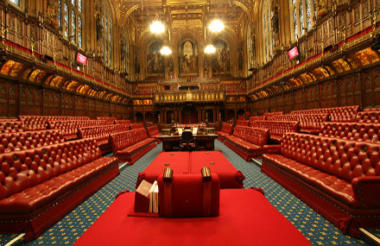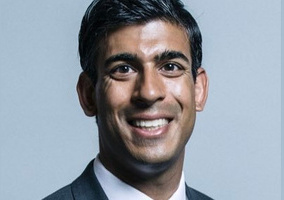The government must involve civil society organisations “in the design, delivery and evaluation of ‘levelling up’ funds”, according to a new report by the House of Lords Public Services Committee.
In its report, sent to Boris Johnson, the committee warns that if levelling up investment neglects social infrastructure it will fail to help the most deprived areas.
The report notes ministers have been accused of favouring prosperous rural areas with funds ahead of deprived communities.
Peers believe that the government’s strategy “does not recognise high levels of deprivation in many parts of the country including parts of London.”
Poor transparency
It adds that the government has shown “insufficient transparency” in making levelling up funding decisions. This has “fuelled accusations of political bias, led stakeholders to question why criteria such as commuting distance have been given such prominence, and risks undermining public trust”.
It says: “Without full transparency and political accountability local areas will continue to question why they have missed out on ‘levelling up’ funding while others have benefited,” it reads.
Recommendations and critique
The government should expand the remit of levelling up and consult with local communities, civil society and marginalised groups, it states.
The committee highlights evidence given by Matt Whittaker, chief executive of Pro Bono Economics, who said that civil society organisations had not been involved in designing the Shared Prosperity Fund, Levelling Up Fund or Community Renewal Fund.
It adds that Stephen Bubb, acting director of the Oxford Institute of Charity, said excluding the voluntary sector risked hard-to-reach communities missing out on levelling up funding.
The charity sector reaches “into particularly marginalised vulnerable communities … in a way a local authority or other organisations cannot”, Bubb said.
Therefore, the paper recommends that the government involve civil society organisations in the design, delivery and evaluation of levelling up funds. It should work with the local voluntary sector to consult marginalised groups on how levelling up money should be spent in their areas.
The report also recommends that the government urgently publish its White Paper and set out how it will address gaps in local and national data on health outcomes, wellbeing, educational attainment, productivity, skills and income.
A lack of available data may impede the effectiveness of the levelling up strategy, the paper states.
It adds that for levelling up to be successful, “the government needs to give local authorities and other local service providers more autonomy”.
The paper suggests the government refocus the strategy towards early intervention and criticises the levelling up plan for “lacking clear goals and a plan to achieve them”.
Related articles
Rhodri Davies: What does 'levelling up' actually mean for charities?
Charities can play an important role in levelling up by ensuring that the views and concerns of marginalised people and communities are heard, says Rhodri Davies.












